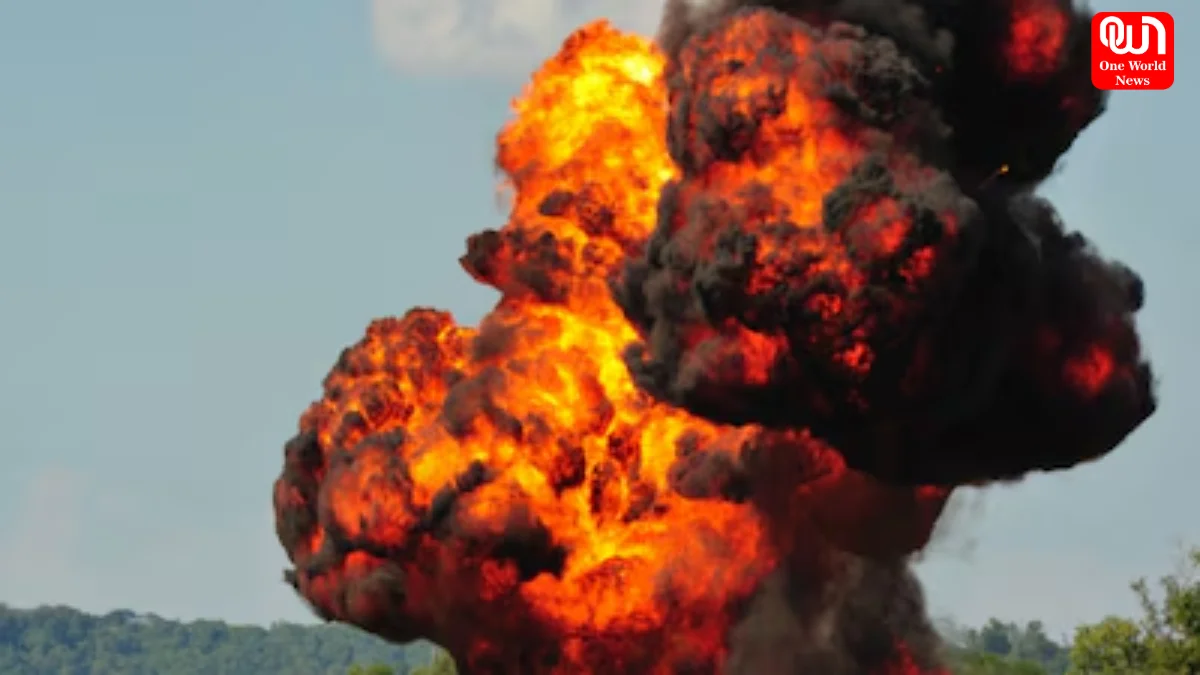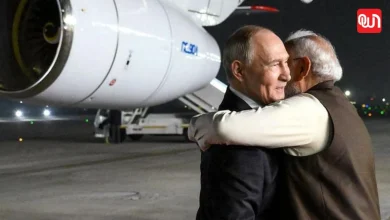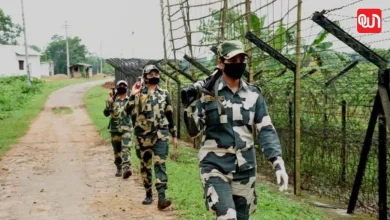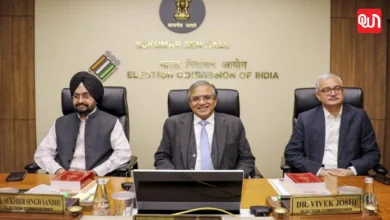Pakistan-Afghanistan Tensions Escalate As ‘Cross-Border Airstrike’ Targets TTP Chief In Kabul
Pakistan-Afghanistan Tensions Escalate As 'Cross-Border Airstrike' Targets TTP Chief In Kabul, sparking regional security fears and militant divisions
Pakistan-Afghanistan Tensions Escalate As ‘Cross-Border Airstrike’ Targets TTP Chief In Kabul Amid Rising Security Concerns and Regional Fallout
Kabul witnessed chaos and fear as two powerful explosions shattered the calm, followed by the echo of automatic gunfire. Witnesses reported seeing fighter jets flying over the city’s skies, an unprecedented sight since the Taliban assumed power in 2021. Intelligence sources indicate this was not a random attack but a targeted aerial strike, aimed specifically at Tehrik-i-Taliban Pakistan (TTP) chief Noor Wali Mehsud. The TTP leader was reportedly in a safehouse used jointly by TTP and al-Qaeda operatives in eastern Kabul when the strike occurred.
Initial reports confirm that the airstrike successfully hit the compound. However, in a voice message accessed by CNN-News18, Noor Wali Mehsud asserted he was safe and currently in Pakistan. Tragically, his son lost his life in the attack. The precision of the operation, coupled with the high-profile target, strongly points to a covert cross-border mission. Analysts suggest the strike could have been carried out either directly by Pakistan or with support from an allied external power, relying heavily on Islamabad’s intelligence and ground coordination.
Read more: High-Speed Porsche Crashes Into Divider While Racing BMW On Mumbai Highway, Driver Seriously Injured
The timing of the strike is particularly significant. It occurred within 48 hours of Pakistan’s Defence Minister Khawaja Asif publicly accusing Afghanistan of providing sanctuary to terrorists. The operation is being interpreted as a retaliatory measure, sending a strong message to Kabul about Pakistan’s willingness to act decisively against threats emanating from Afghan soil. Sources have described the attack as highly provocative, emphasizing that this may mark the first Pakistani aerial operation within Kabul since the Taliban took over in 2021.
For Afghanistan, the implications are serious. With limited air defence capabilities and no functioning Afghan Air Force, the Taliban were unable to prevent or respond to the strike. Local sources indicate that the jets involved may have originated from Pakistan with external technical assistance, intensifying concerns of a breach of Afghan sovereignty. Taliban officials have reportedly viewed the operation as a direct challenge, heightening tensions between Islamabad and the Taliban government in Kabul.
The strike also coincides with Interim Afghan Foreign Minister Amir Khan Muttaqi’s visit to India. During his eight-day trip, Muttaqi is scheduled for meetings with India’s External Affairs Minister S Jaishankar and National Security Adviser Ajit Doval. Analysts note that the timing may complicate Afghanistan’s diplomatic outreach and could influence discussions on regional security and counterterrorism collaboration.
Security experts warn that the attack on Mehsud’s family may exacerbate divisions within the TTP. The organization’s Shura is already split between factions loyal to Kabul and those aligned with Rawalpindi. The loss of a key family member in the strike could destabilize the leadership hierarchy, potentially triggering internal clashes. This power vacuum may have broader repercussions in border regions such as Kunar, Nangarhar, and Paktika, which are already sensitive areas prone to militant activity and cross-border tensions.
Read more: Hope for Peace: PM Modi Welcomes Gaza Deal, Praises Trump and Netanyahu Amid Hostage Release
The situation underscores the fragile dynamics between Pakistan and the Taliban-led Afghan government. Any escalation could disrupt the tenuous balance of power in the region, potentially drawing in other stakeholders and destabilizing cross-border security. Analysts emphasize the need for restraint, highlighting that unilateral operations, however strategic, risk long-term consequences for regional peace and cooperation.
We’re now on WhatsApp. Click to join.
Like this post?
Register at One World News to never miss out on videos, celeb interviews, and best reads.








